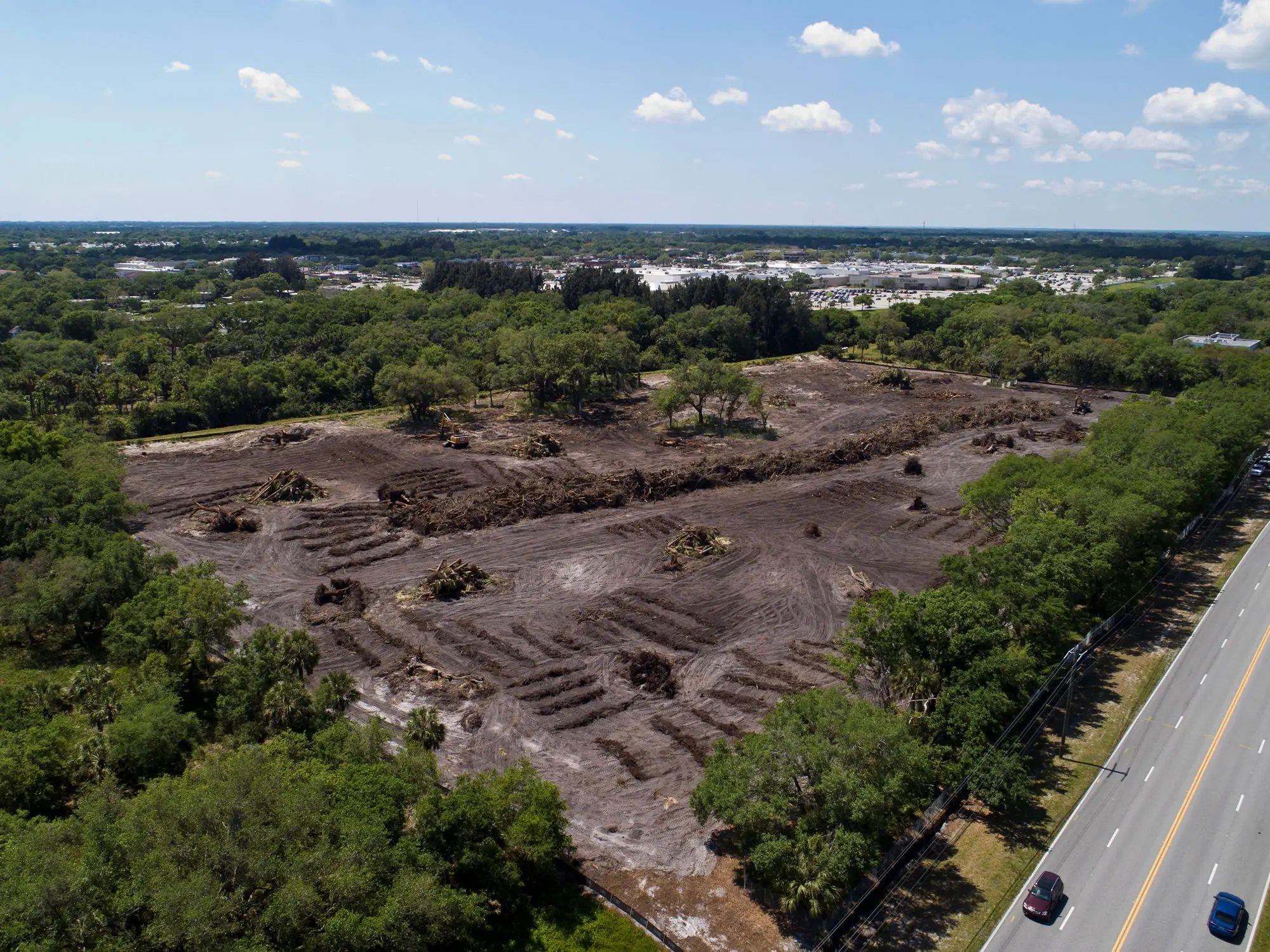

Land clearing is an essential part of any construction project. However, before starting land clearing, it is crucial to understand the legal groundwork that governs the occupation, use, and ownership of land. Two of the essential legal documents that dictate ownership rights and land use are deeds and titles. In this blog, we will discuss the differences between deeds and titles and why it is essential to understand them before starting land clearing.
Firstly, let's define what deeds and titles are. A deed is a legal document that transfers the ownership of real property, such as land, to another person. A title, on the other hand, represents the legal right to own a piece of property. A title certificate is a legal statement that proves the titleholder's rightful ownership of the land or property. A title can be either clear title or clouded title. Clear title means that there are no liens or claims on the property that could challenge the owner's right to it. A clouded title, on the other hand, means that there are legal claims against the property, such as liens, easements, mortgages, or judgments, which could affect the titleholder's ability to sell or transfer ownership of the land.
Before starting land clearing, it is crucial to know the difference between the two documents and what they signify for you as a property owner. This information is vital in case any issues arise during the land clearing process and to ensure that the property you are clearing is legally yours to do so. For instance, if you plan to transfer the ownership of your property, you must ensure that the deed is valid and that there are no issues with the title transfer.
Moreover, it is best to be aware of the local zoning regulations and any property restrictions, such as building codes, land use limitations, or environmental requirements, before starting land clearing. This information can prevent any legal disputes or penalties that may arise if you violate any zoning regulations. For example, in Oviedo, FL, you may require permits for land clearing activity, depending on the size of the property and the extent of the clearing. Obtaining these permits before starting the project can save you time and money in the long run, preventing any legal issues that may arise during the land clearing process.
Additionally, It is crucial to note that the land clearing process may only extend to the property boundaries of your title. Any encroachment on neighboring land can result in legal issues or even disputes with your neighbors. Knowing the property boundaries and the associated zoning regulations before starting land clearing can help you avoid any misunderstandings with your neighbors and legal issues later on.
In summary, understanding deeds, titles, and transfers is essential before starting any land clearing project. It is crucial to know your legal standing on the property and any associated zoning regulations and restrictions, including permits required to avoid legal issues during the land clearing process. It may be best to consult with a qualified legal expert before starting the project to ensure that you have a legal right to the land, and all legal requirements for the land clearing process are met in your location. If you need assistance with land clearing in Oviedo, FL, contact Drinkwater & Drinkwater today. Our professional team can help you with any legal requirements and provide you with free estimates for your land clearing project.